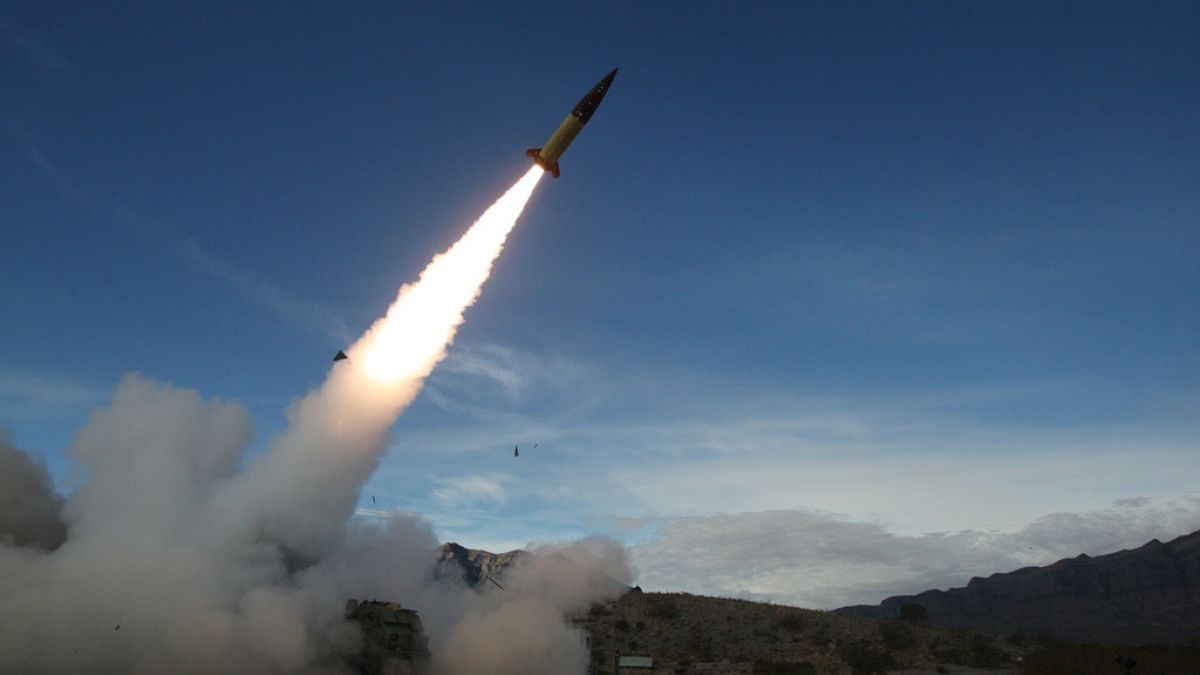US weapons striking in Russia criticised by Slovakia and Hungary

President-elect Trump, who takes office in about two months, has raised uncertainty about whether his administration would continue vital military support to Ukraine. He has also vowed to quickly end the war but hasn’t provided any details as to how.
Slovakian and Hungarian politicians on Monday strongly condemned a decision by US president Joe Biden to allow Ukraine to strike targets inside Russia with American-supplied longer-range missiles.
Slovakia’s populist Prime Minister Robert Fico said the decision was made “with the clear aim to completely thwart or delay peace talks.”
“This is an unprecedented escalation of tensions,” he said. “It is a decision that thwarts any hope of starting any peace negotiations and ending the mutual killing of Slavs in Ukraine.”
Fico said he instructed his Foreign Minister Juraj Blanar and Defence Minister Robert Kalinak to reject the US move at any international forum.
Hungary’s Foreign Minister Péter Szijjártó also lashed out against the decision, saying the move could serve to escalate the war and threaten the outbreak of a global conflict.
“This is a very dangerous idea, with which there is an extremely grave danger of war escalating further,” Szijjártó said on Monday. “This clearly would bring the real threat of World War III very close.”
Szijjártó, a fervent critic of Ukraine, said Biden’s decision was in contradiction to the will of voters who elected Donald Trump to the presidency earlier this month.
He also slammed European Union leaders that continue to make efforts to provide support to Kyiv.
“One has the feeling that the pro-war political elites on both sides of the ocean are launching one last desperate, scalding attack on the new reality and the will of the people,” Szijjártó said.
Hungary’s government under Prime Minister Viktor Orbán has been the most hostile leader in the EU to Ukraine’s ambitions to join the bloc, and eventually the NATO military alliance.
The Kremlin warned on Monday that Biden’s decision adds “fuel to the fire” of the war and would escalate international tensions even further.
Biden’s shift in policy added an uncertain, new factor to the conflict on the eve of the 1,000 day milestone since Russia began its full-scale invasion in 2022.
World News || Latest News || U.S. News
Source link



